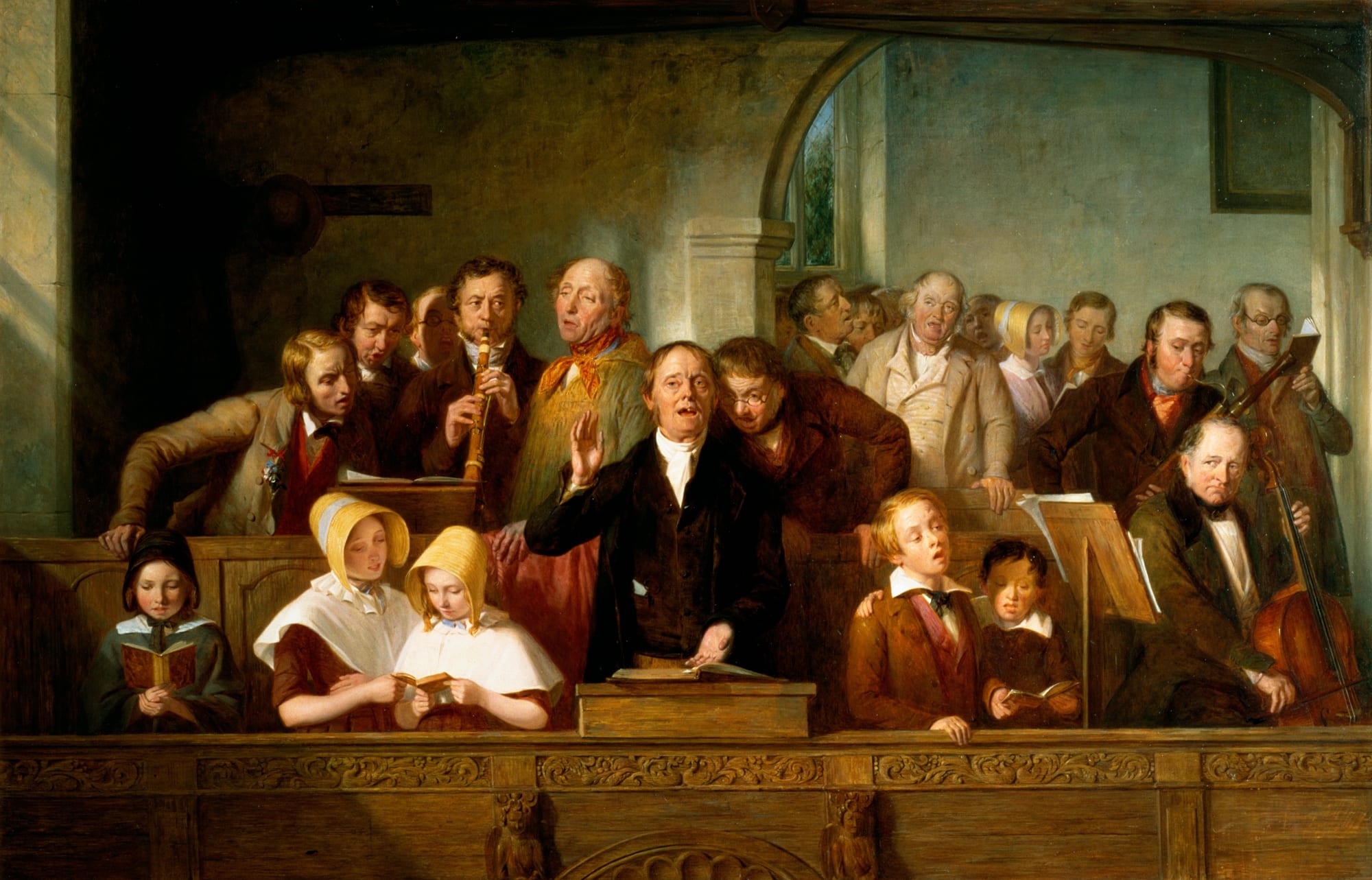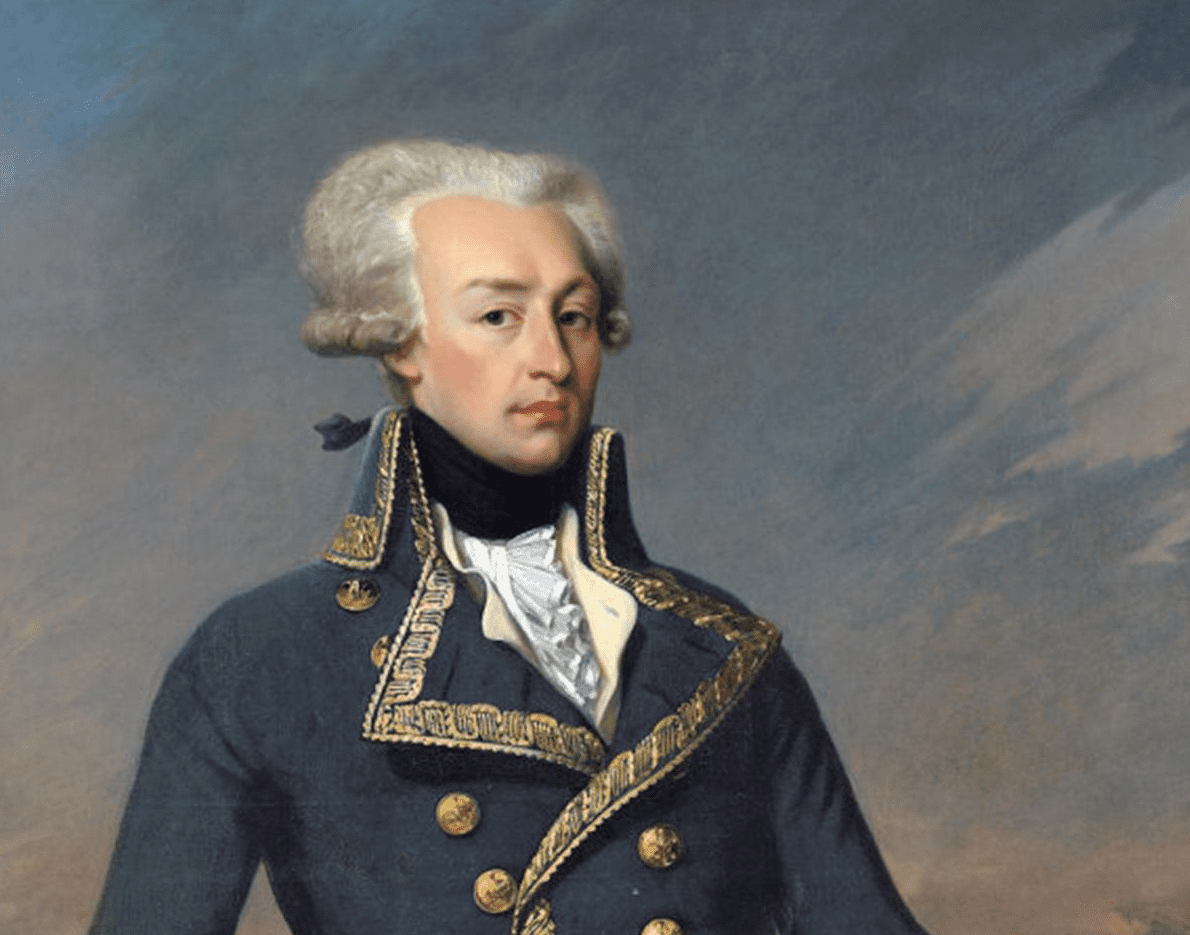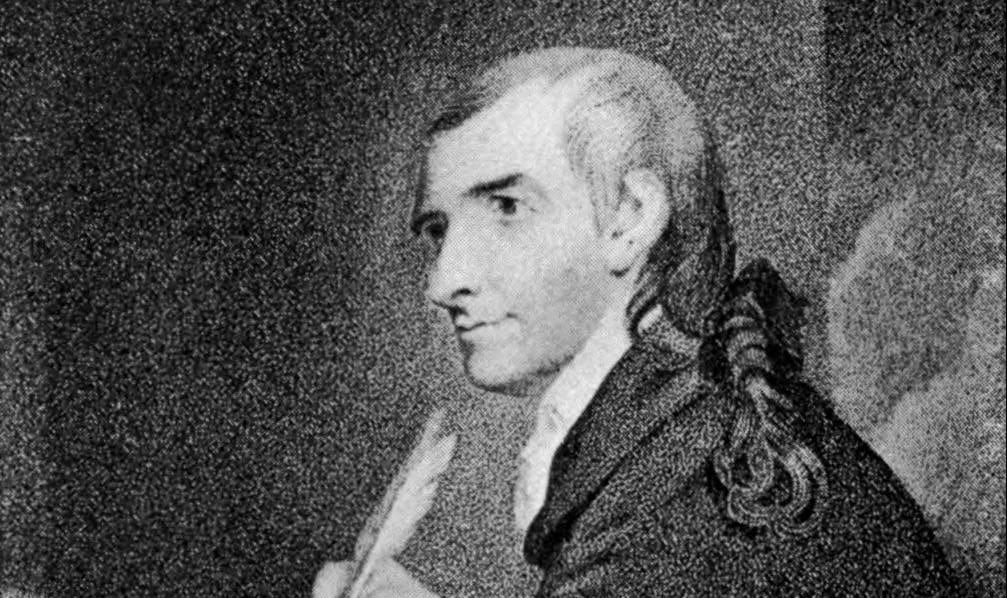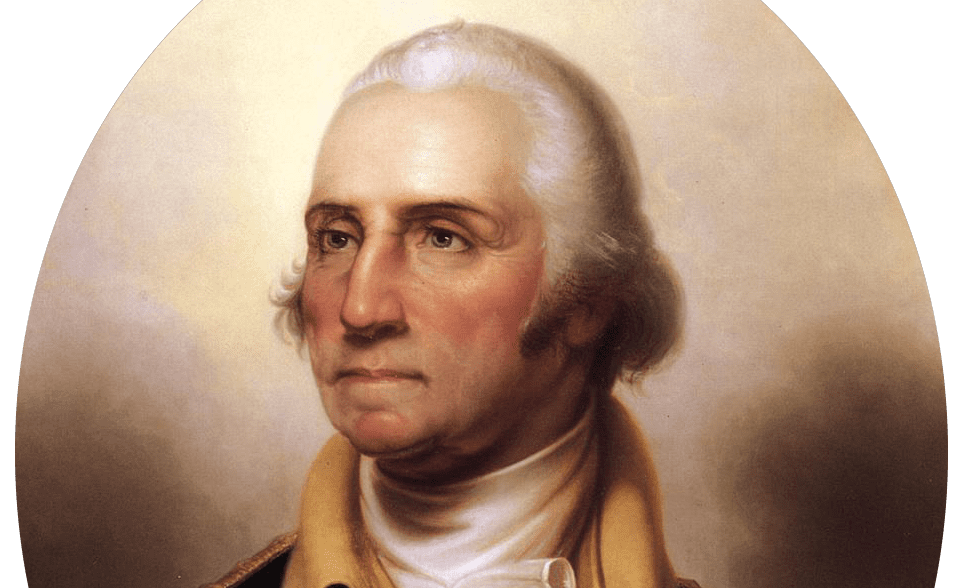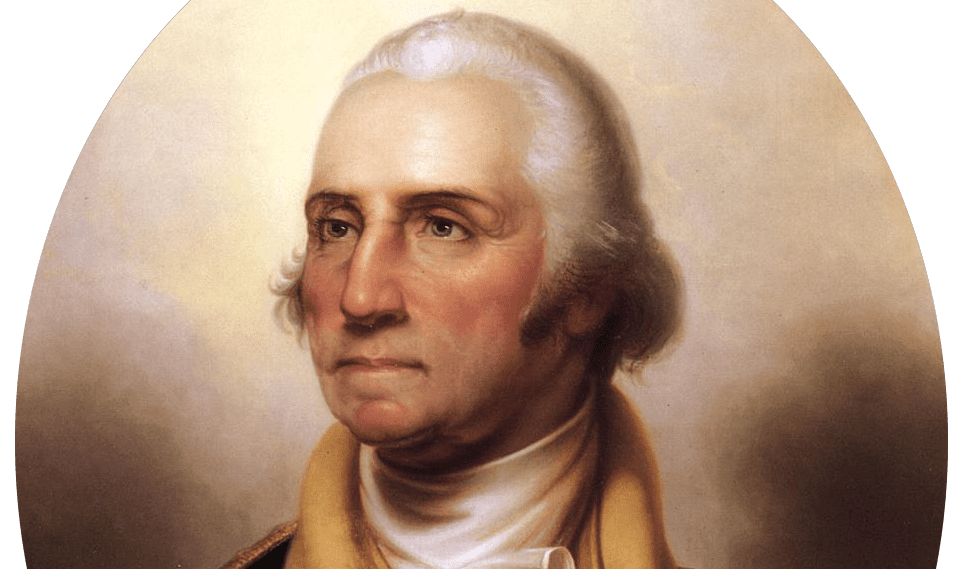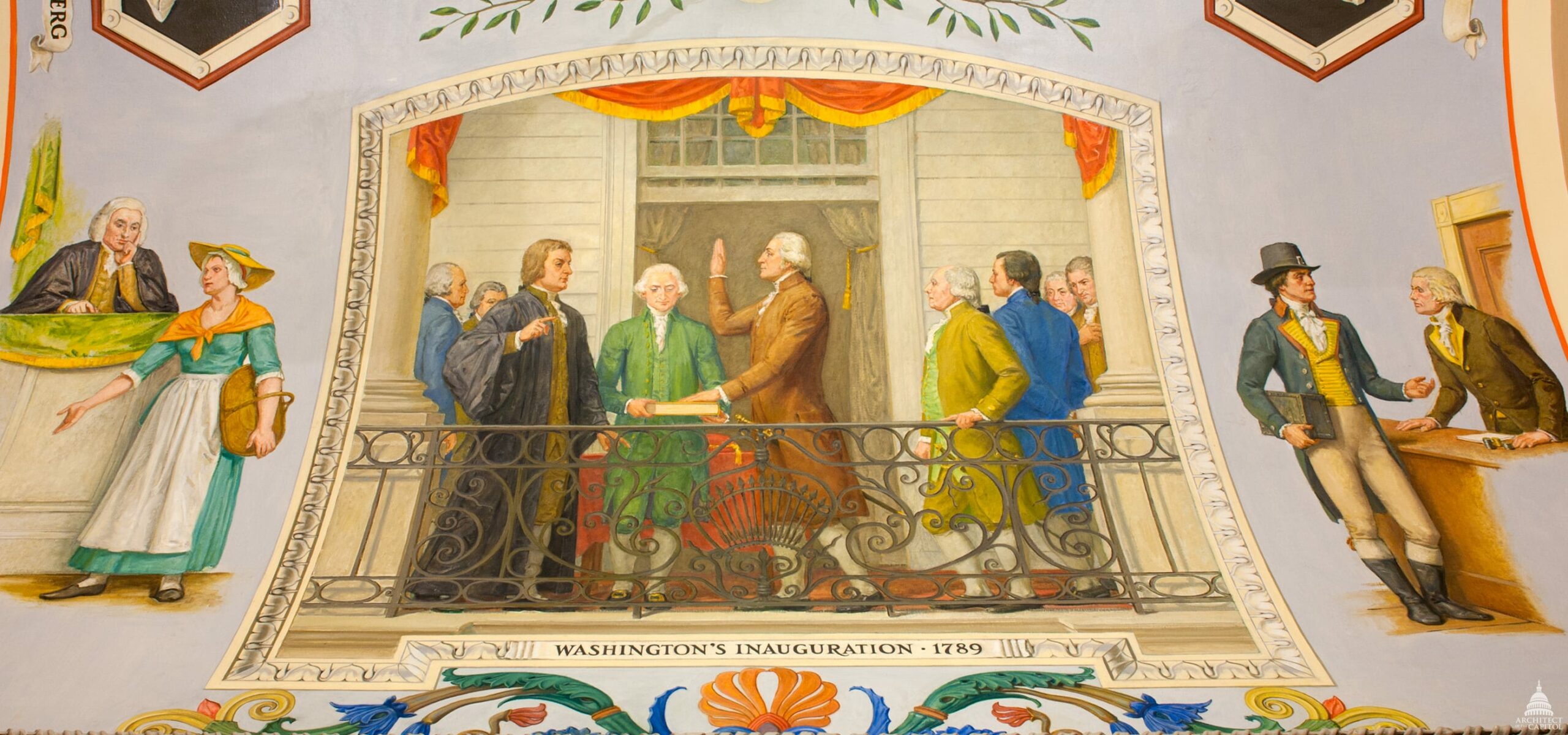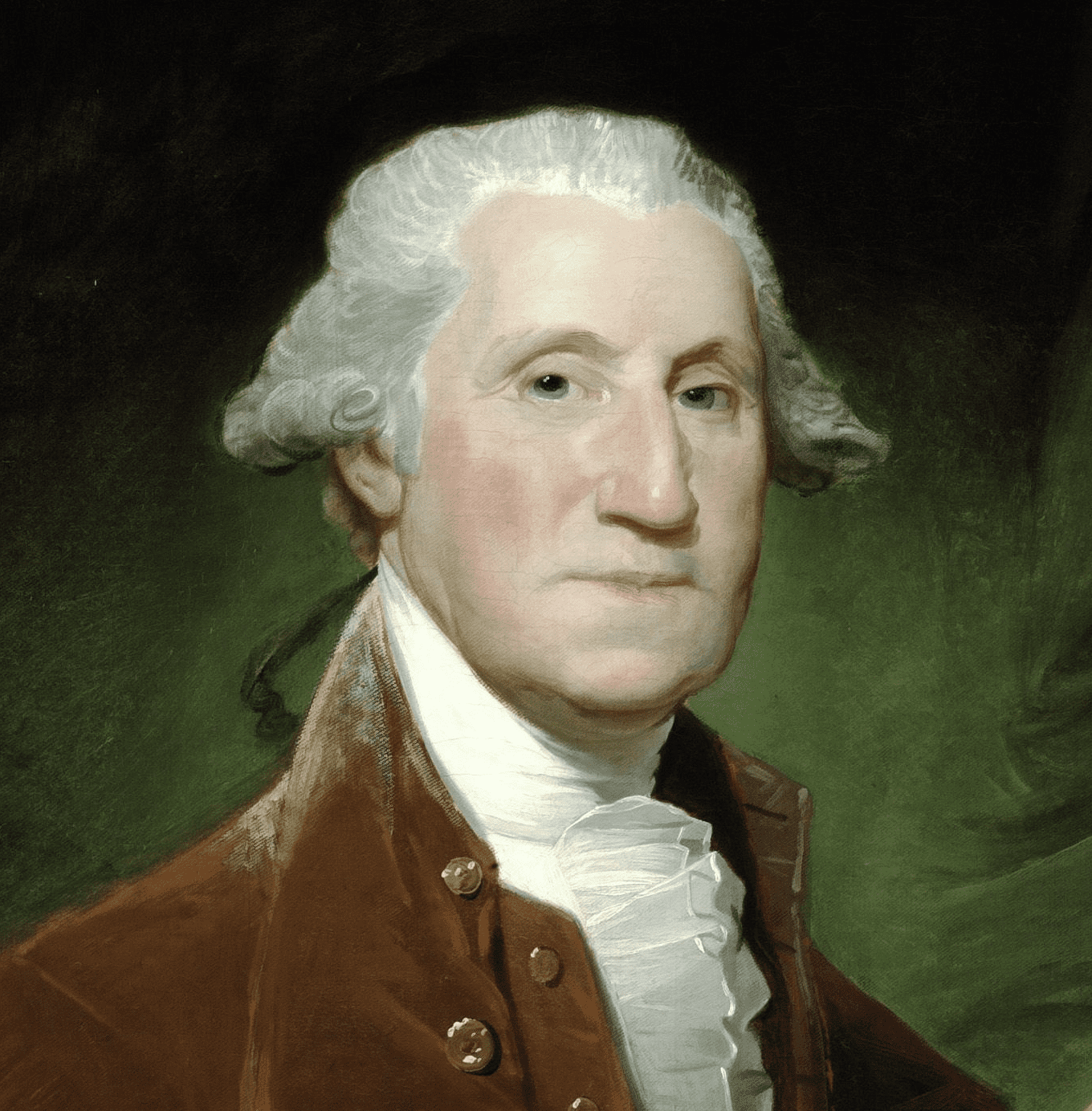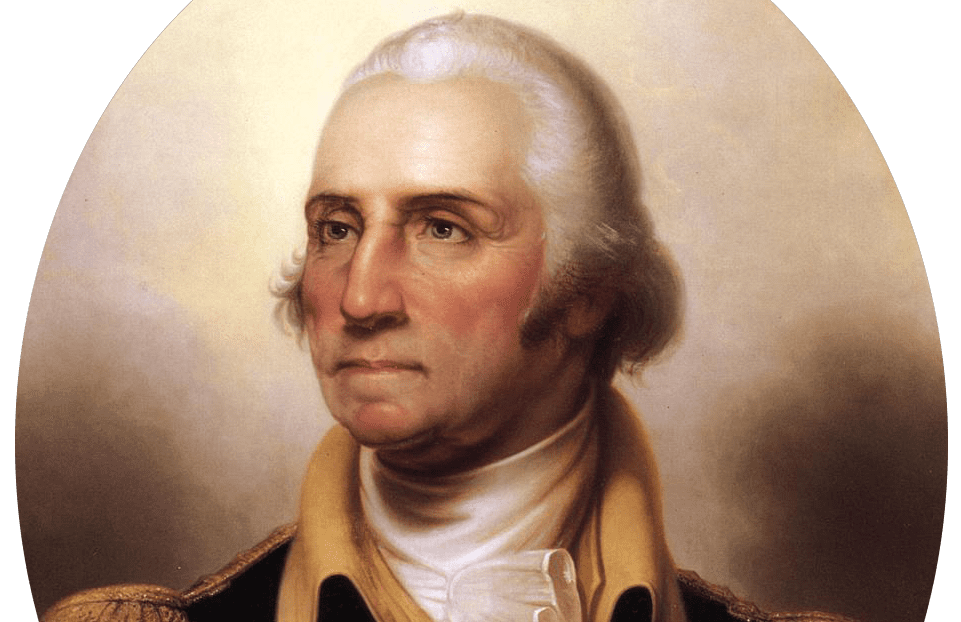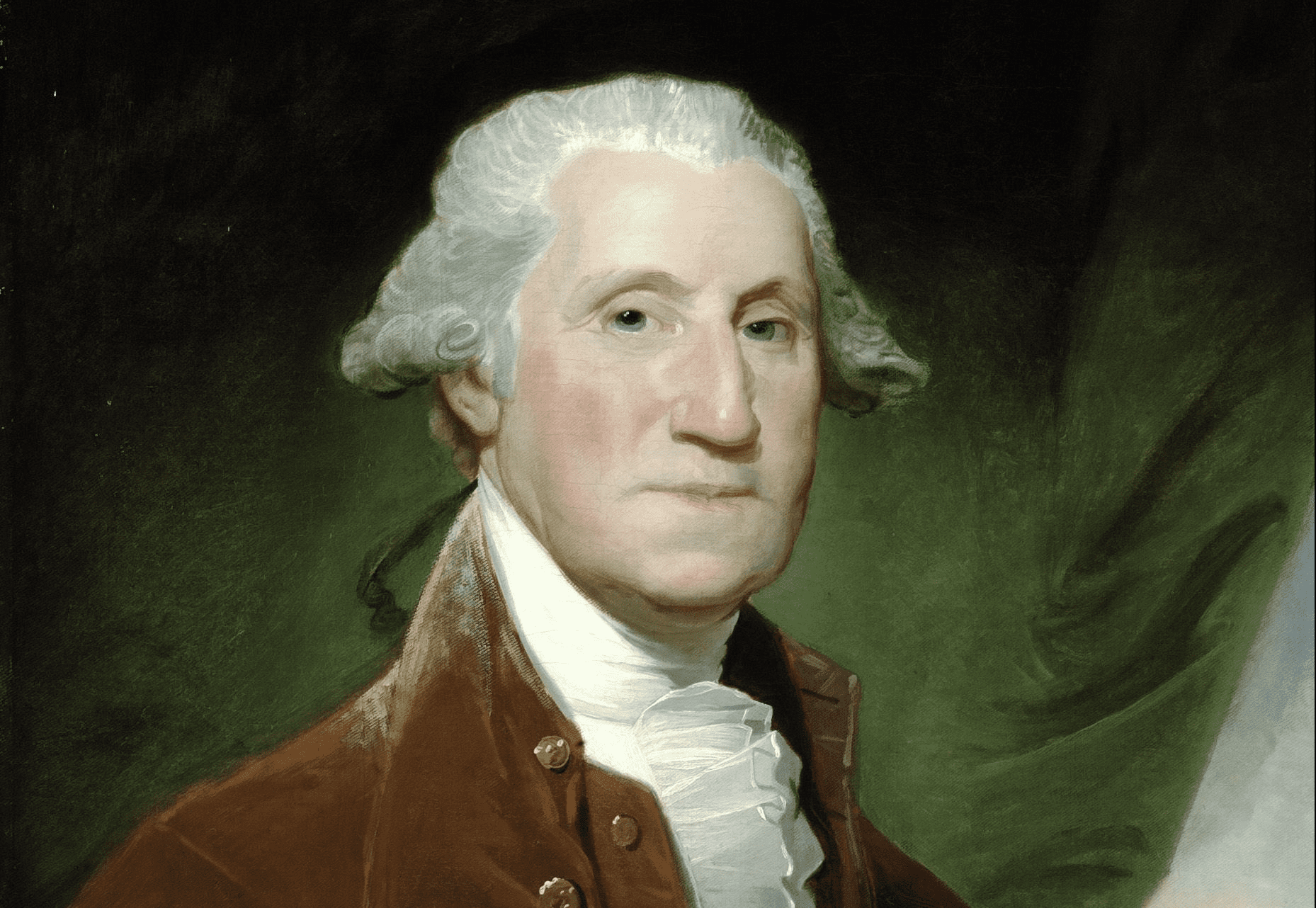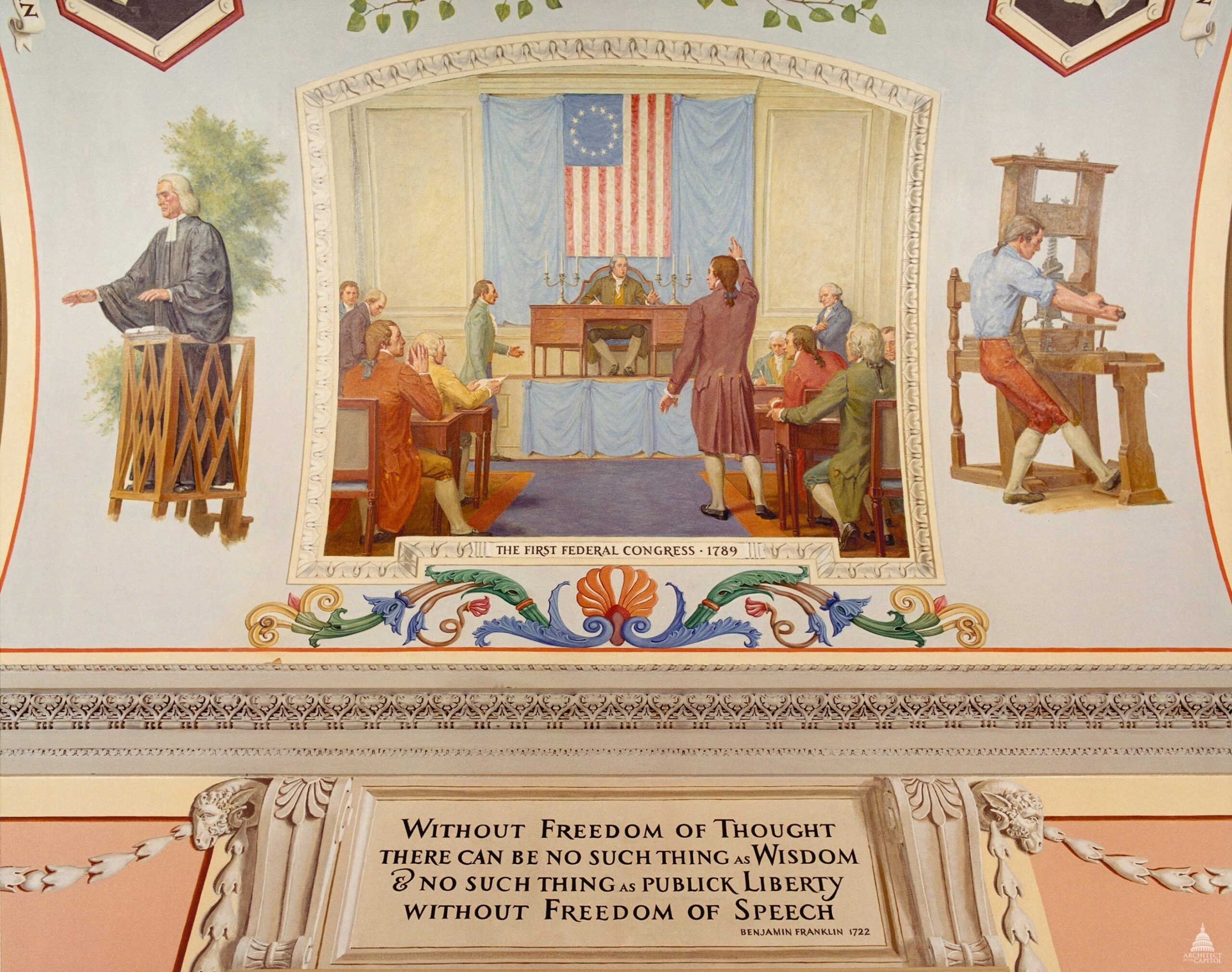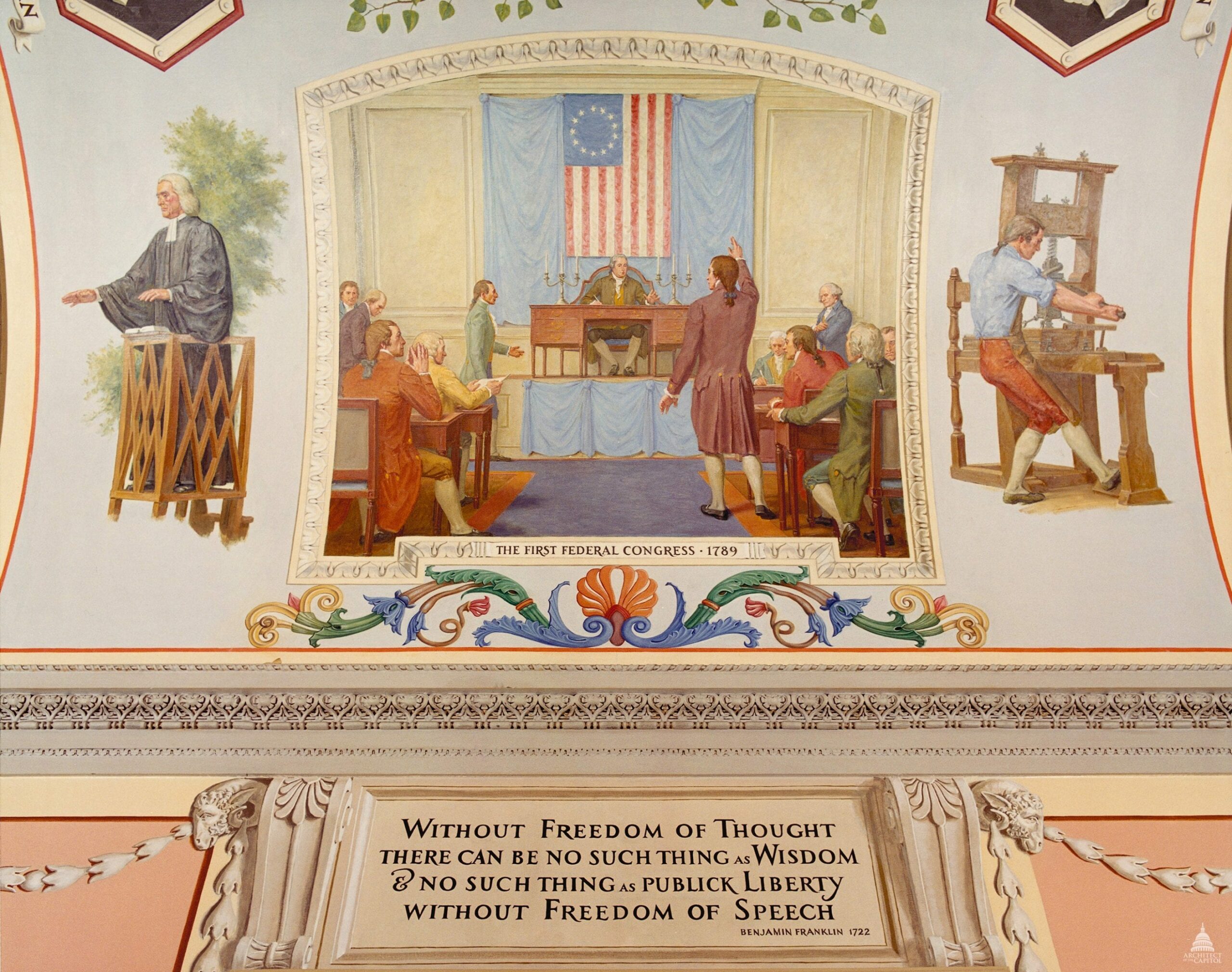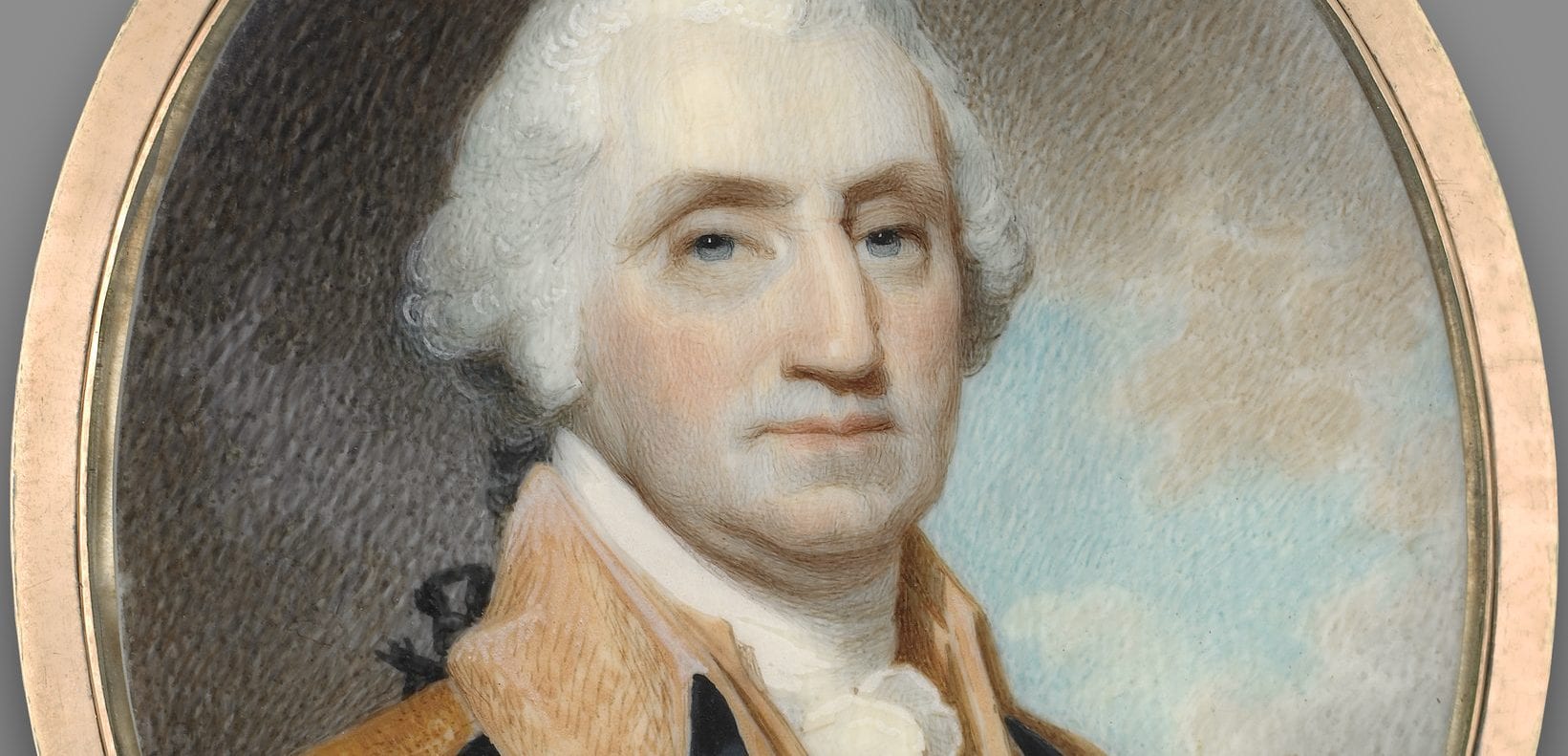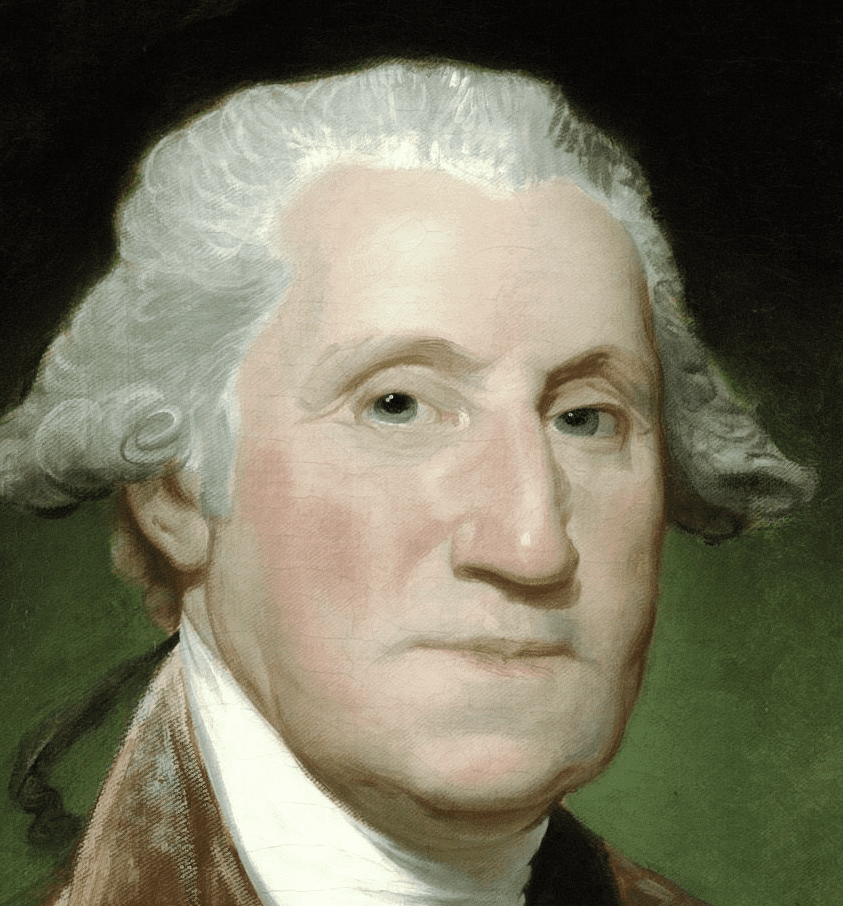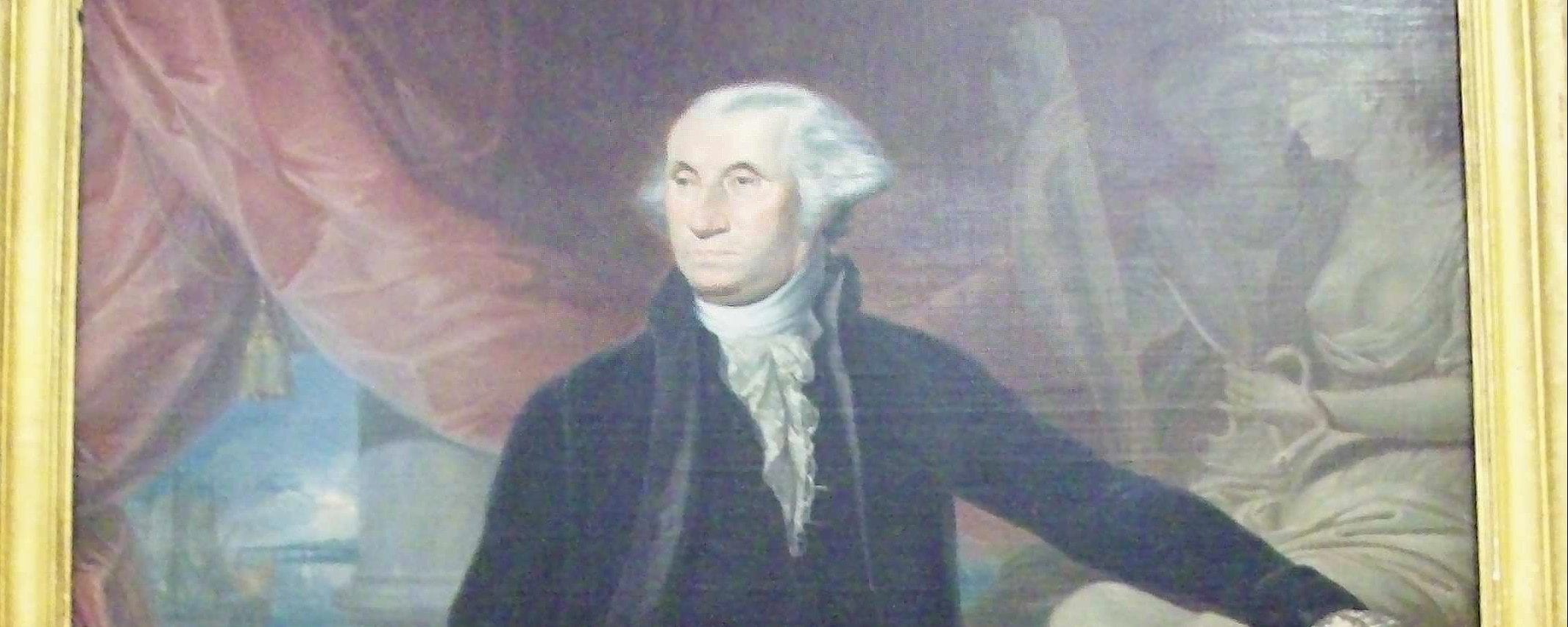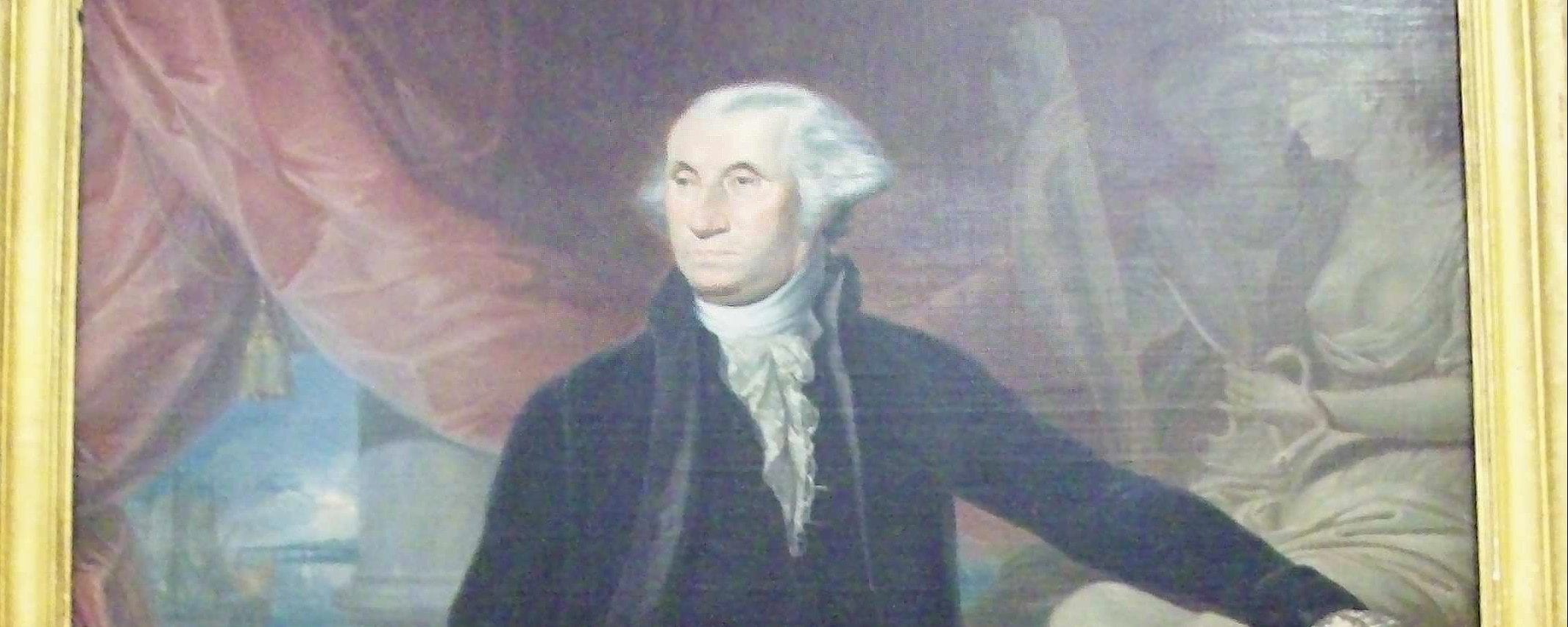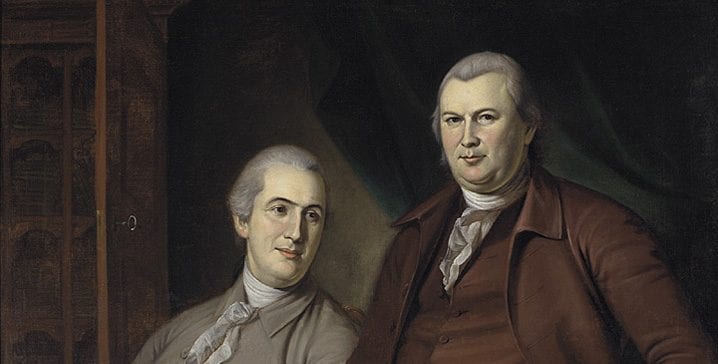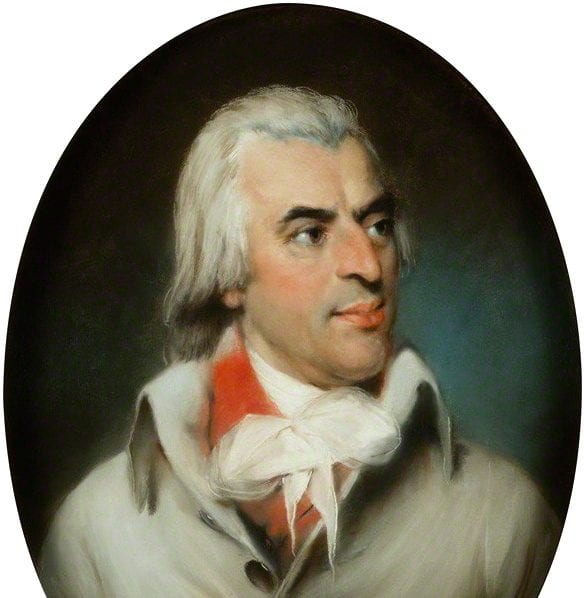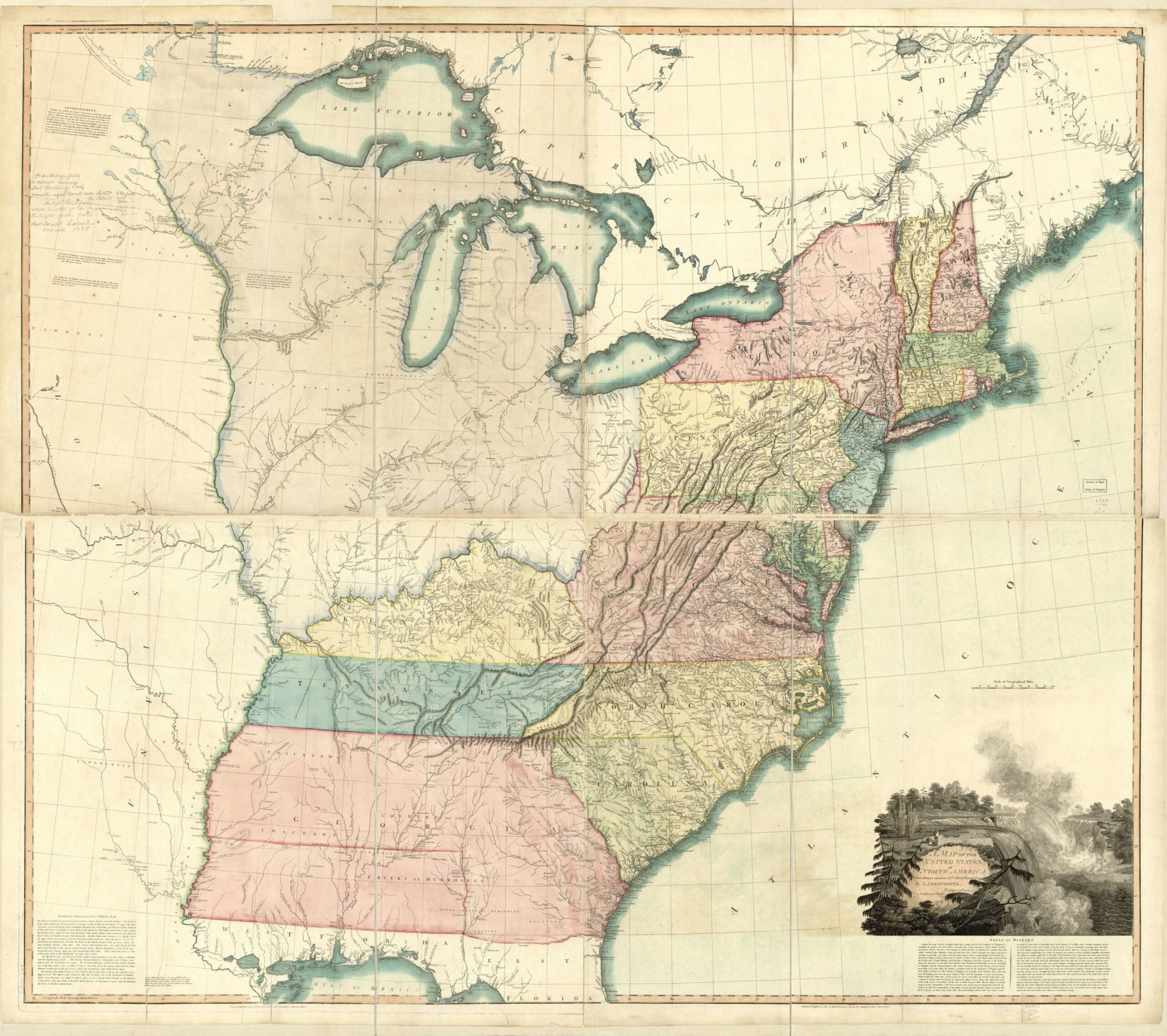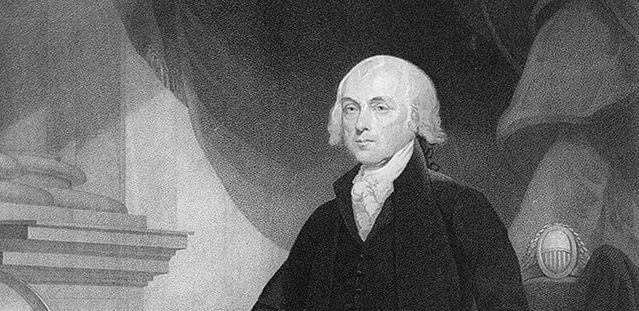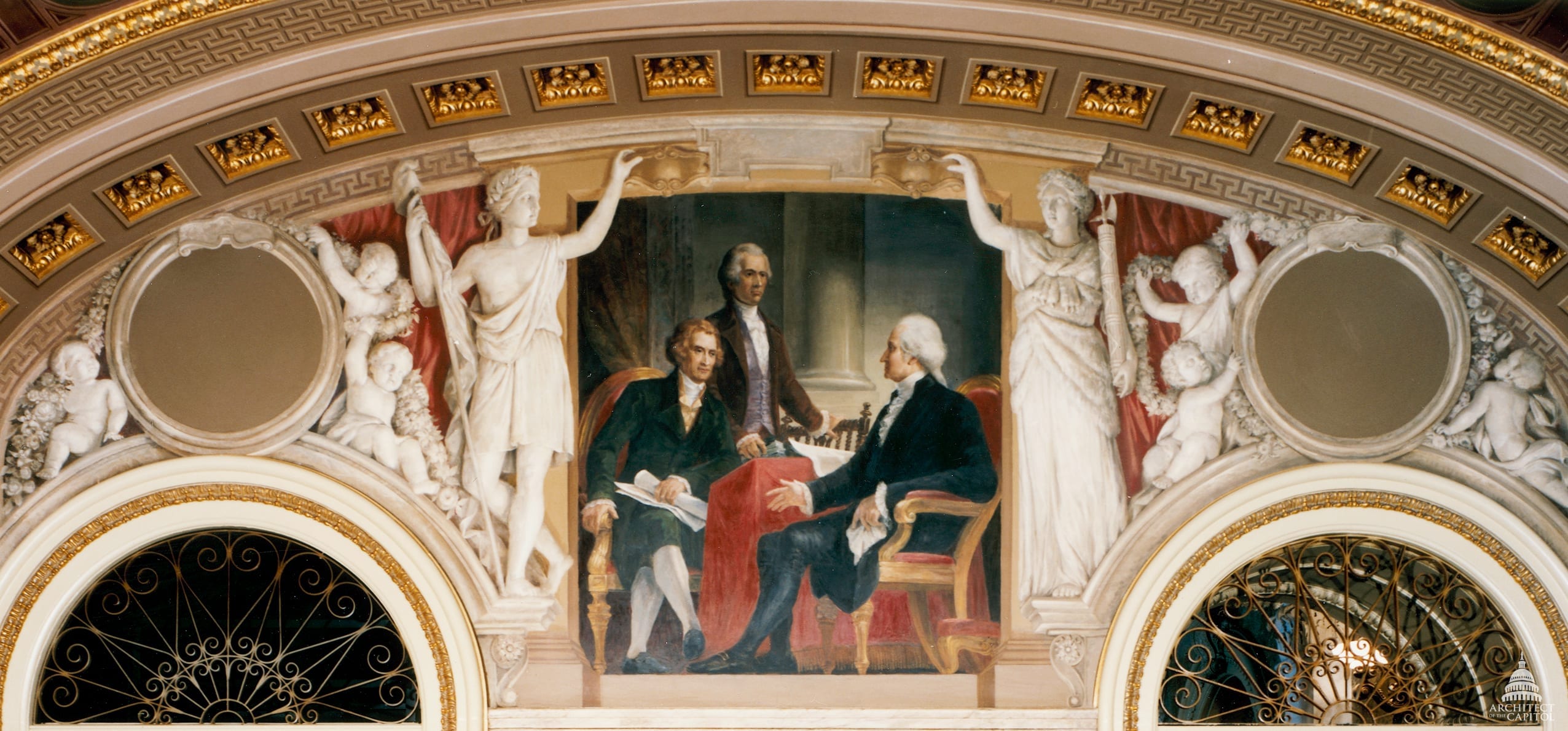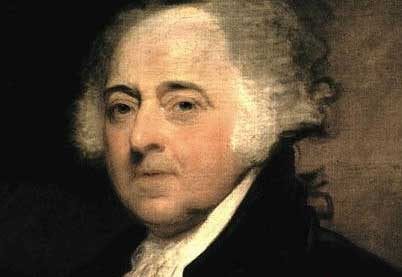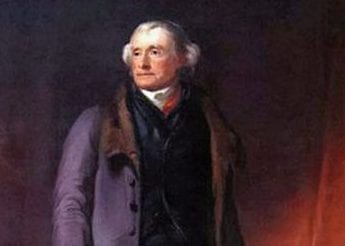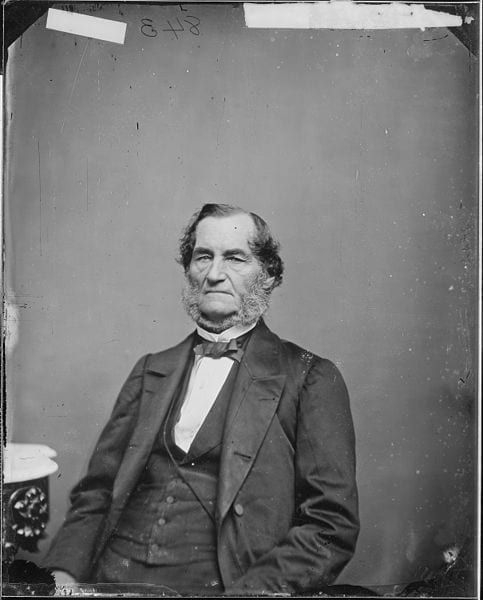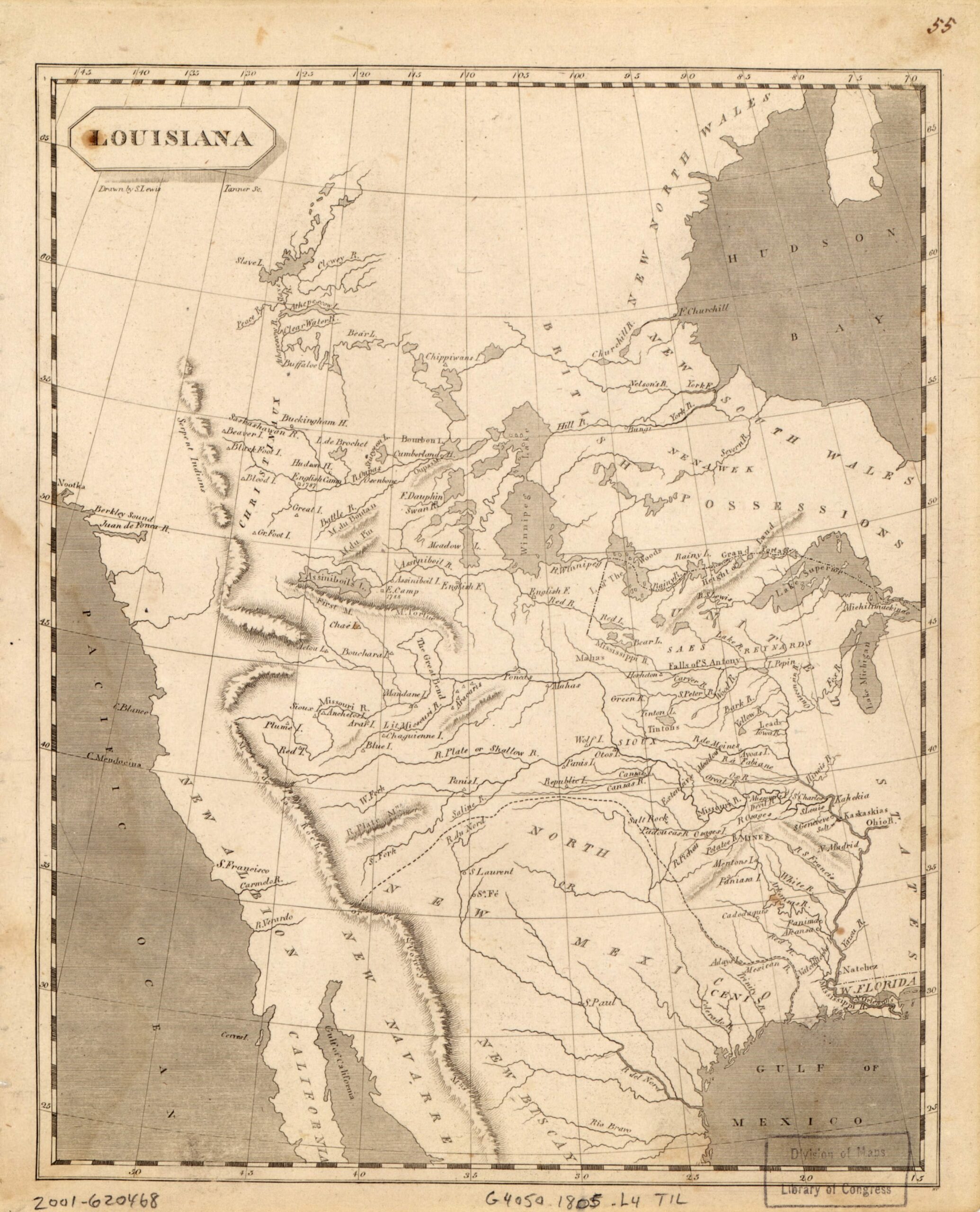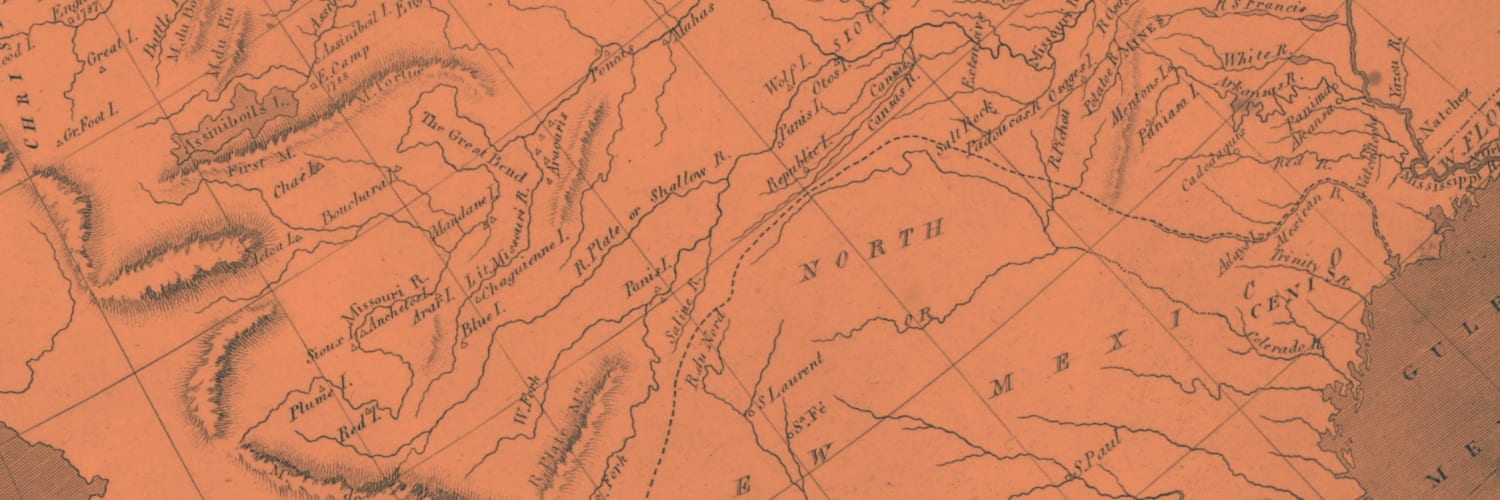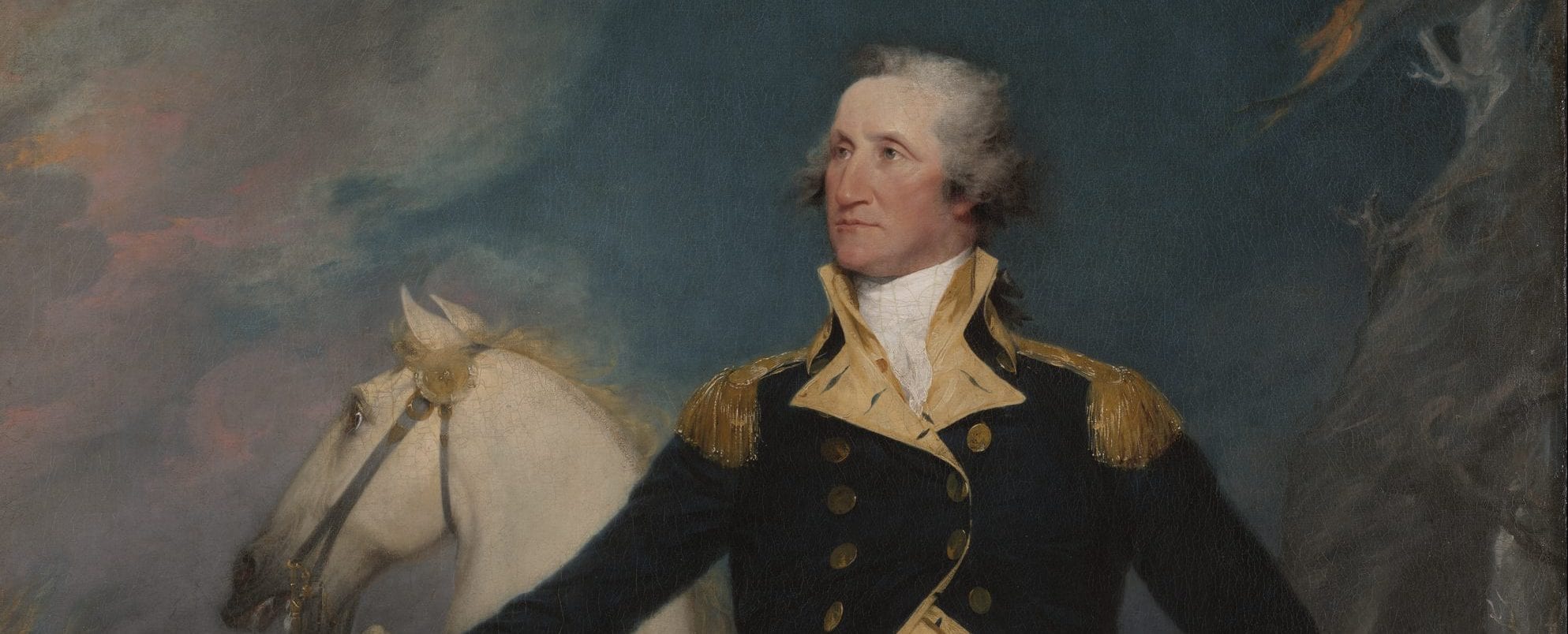
No related resources
Introduction
This case involved an act of the legislature of the state of New York granting to Robert Livingston and Robert Fulton the exclusive navigation of all the waters within the jurisdiction of New York, with boats moved by fire or steam, for a term of several years. Livingston and Fulton’s monopoly was assigned to John Livingston and from him to Aaron Ogden, who sued Thomas Gibbons in New York’s Court of Chancery for operating a steamboat in the New York waters assigned solely to Ogden. Gibbons had a coasting license from Congress to operate a steamboat passenger service between New Jersey and New York City.
Gibbons v. Ogden was the first major interpretation of the power of Congress to “regulate commerce . . . among the several States.” The decision was broadly popular in its day and ensured that steamboat transportation (as well as the newly emerging railroads) would be part of a national “stream of commerce,” which benefited farmers, merchants, and those engaged in banking and finance. In interpreting Congress’s power broadly, the decision set a precedent that has remained authoritative to the present day.
Source: 22 U.S. 1; https://www.law.cornell.edu/supremecourt/text/22/1
Chief Justice MARSHALL delivered the opinion of the Court, joined by Justices WASHINGTON, TODD, DUVALL, and STORY.
. . . [Gibbons] contends that . . . the exclusive privilege [given by New York is] repugnant . . . to that clause in the Constitution which authorizes Congress to regulate commerce. . . .
The State of New York maintains the constitutionality of these laws, and their Legislature, their Council of Revision, and their Judges, have repeatedly concurred in this opinion. It is supported by great names—by names which have all the titles to consideration that virtue, intelligence, and office can bestow. No tribunal can approach the decision of this question without feeling a just and real respect for that opinion which is sustained by such authority, but it is the province of this Court, while it respects, not to bow to it implicitly, and the Judges must exercise, in the examination of the subject, that understanding which Providence has bestowed upon them, with that independence which the people of the United States expect from this department of the government.
As preliminary to the very able discussions of the Constitution . . . , reference has been made to the political situation of these States anterior to its formation. It has been said that they were sovereign, were completely independent, and were connected with each other only by a league. This is true. But, when these allied sovereigns converted their league into a government, when they converted their Congress of Ambassadors, deputed to deliberate on their common concerns and to recommend measures of general utility, into a Legislature, empowered to enact laws on the most interesting subjects, the whole character in which the States appear, underwent a change, the extent of which must be determined by a fair consideration of the instrument by which that change was effected.
This instrument contains an enumeration of powers expressly granted by the people to their government. It has been said that these powers ought to be construed strictly. . . .What do gentlemen mean, by a strict construction? If they contend only against that enlarged construction, which would extend words beyond their natural and obvious import, we might question the application of the term, but should not controvert the principle. If they contend for that narrow construction which, in support or some theory not to be found in the Constitution, would deny to the government those powers which the words of the grant, as usually understood, import, and which are consistent with the general views and objects of the instrument; for that narrow construction which would cripple the government and render it unequal to the object for which it is declared to be instituted, and to which the powers given, as fairly understood, render it competent; then we cannot perceive the propriety of this strict construction, nor adopt it as the rule by which the Constitution is to be expounded. . . .
The words are, “Congress shall have power to regulate commerce with foreign nations, and among the several States, and with the Indian tribes.”
The subject to be regulated is commerce, and our Constitution being . . . one of enumeration, and not of definition, to ascertain the extent of the power, it becomes necessary to settle the meaning of the word. . . . Commerce, undoubtedly, is traffic, but it is something more: it is intercourse. It describes the commercial intercourse between nations, and parts of nations, in all its branches, and is regulated by prescribing rules for carrying on that intercourse. The mind can scarcely conceive a system for regulating commerce between nations which shall exclude all laws concerning navigation, which shall be silent on the admission of the vessels of the one nation into the ports of the other, and be confined to prescribing rules for the conduct of individuals in the actual employment of buying and selling or of barter. . . .
The word used in the Constitution, then, comprehends, and has been always understood to comprehend, navigation within its meaning, and a power to regulate navigation, is as expressly granted as if that term had been added to the word “commerce.” . . .
The subject to which the power is next applied is to commerce “among the several States.” The word “among” means intermingled with. A thing which is among others is intermingled with them. Commerce among the States cannot stop at the external boundary line of each State, but may be introduced into the interior.
It is not intended to say that these words comprehend that commerce which is completely internal, which is carried on between man and man in a State, or between different parts of the same State, and which does not extend to or affect other States. Such a power would be inconvenient, and is certainly unnecessary.
Comprehensive as the word “among” is, it may very properly be restricted to that commerce which concerns more States than one. The phrase is not one which would probably have been selected to indicate the completely interior traffic of a State, because it is not an apt phrase for that purpose, and the enumeration of the particular classes of commerce to which the power was to be extended would not have been made had the intention been to extend the power to every description. The enumeration presupposes something not enumerated, and that something, if we regard the language or the subject of the sentence, must be the exclusively internal commerce of a State. The genius and character of the whole government seem to be that its action is to be applied to all the external concerns of the nation, and to those internal concerns which affect the States generally, but not to those which are completely within a particular State, which do not affect other States, and with which it is not necessary to interfere for the purpose of executing some of the general powers of the government. The completely internal commerce of a State, then, may be considered as reserved for the State itself. . . .
We are now arrived at the inquiry—What is this power?
It is the power to regulate, that is, to prescribe the rule by which commerce is to be governed. This power, like all others vested in Congress, is complete in itself, may be exercised to its utmost extent, and acknowledges no limitations, other than are prescribed in the Constitution. . . . If, as has always been understood, the sovereignty of Congress, though limited to specified objects, is plenary as to those objects, the power over commerce with foreign nations, and among the several States, is vested in Congress as absolutely as it would be in a single government, having in its Constitution the same restrictions on the exercise of the power as are found in the Constitution of the United States. The wisdom and the discretion of Congress, their identity with the people, and the influence which their constituents possess at elections, are, in this, as in many other instances, as that, for example, of declaring war, the sole restraints on which they have relied, to secure them from its abuse. They are the restraints on which the people must often they [sic] soley, in all representative governments.
The power of Congress, then, comprehends navigation, within the limits of every State in the Union so far as that navigation may be in any manner connected with “commerce with foreign nations, or among the several States, or with the Indian tribes.” It may, of consequence, pass the jurisdictional line of New York, and act upon the very waters to which the prohibition now under consideration applies.
But it has been urged with great earnestness that, although the power of Congress to regulate commerce with foreign nations and among the several States be coextensive with the subject itself, and have no other limits than are prescribed in the Constitution, yet the States may severally exercise the same power, within their respective jurisdictions. In support of this argument, it is said that they possessed it as an inseparable attribute of sovereignty, before the formation of the Constitution, and still retain it except so far as they have surrendered it by that instrument; that this principle results from the nature of the government, and is secured by the tenth amendment; that an affirmative grant of power is not exclusive, unless in its own nature it be such that the continued exercise of it by the former possessor is inconsistent with the grant, and that this is not of that description.
. . . [In contrast, Gibbons] contends that full power to regulate a particular subject implies the whole power, and leaves no residuum; that a grant of the whole is incompatible with the existence of a right in another to any part of it. . . .
The grant of the power to lay and collect taxes is, like the power to regulate commerce, made in general terms, and has never been understood to interfere with the exercise of the same power by the State, and hence has been drawn an argument which has been applied to the question under consideration. But the two grants are not, it is conceived, similar in their terms or their nature. Although many of the powers formerly exercised by the States are transferred to the government of the Union, yet the State governments remain, and constitute a most important part of our system. The power of taxation is indispensable to their existence, and is a power which, in its own nature, is capable of residing in, and being exercised by, different authorities at the same time. We are accustomed to see it placed, for different purposes, in different hands. . . . Congress is authorized to lay and collect taxes, &c. to pay the debts and provide for the common defense and general welfare of the United States. This does not interfere with the power of the States to tax for the support of their own governments, nor is the exercise of that power by the States an exercise of any portion of the power that is granted to the United States. In imposing taxes for State purposes, they are not doing what Congress is empowered to do. Congress is not empowered to tax for those purposes which are within the exclusive province of the States. When, then, each government exercises the power of taxation, neither is exercising the power of the other. But, when a State proceeds to regulate commerce with foreign nations, or among the several States, it is exercising the very power that is granted to Congress, and is doing the very thing which Congress is authorized to do. There is no analogy, then, between the power of taxation and the power of regulating commerce.
In discussing the question whether this power is still in the States, in the case under consideration, we may dismiss from it the inquiry whether it is surrendered by the mere grant to Congress, or is retained until Congress shall exercise the power. We may dismiss that inquiry because it has been exercised, and the regulations which Congress deemed it proper to make are now in full operation. The sole question is can a State regulate commerce with foreign nations and among the States while Congress is regulating it?
. . . In argument, . . . it has been contended that if a law passed by a State, in the exercise of its acknowledged sovereignty, comes into conflict with a law passed by Congress in pursuance of the Constitution, they affect the subject and each other like equal opposing powers.
But the framers of our Constitution foresaw this state of things, and provided for it by declaring the supremacy not only of itself, but of the laws made in pursuance of it. The nullity of any act or law inconsistent with the Constitution is produced by the declaration that the Constitution is the supreme law. The appropriate application of that part of the clause which confers the same supremacy on laws and treaties is to such acts of the State Legislatures as do not transcend their powers, but, though enacted in the execution of acknowledged State powers, interfere with, or are contrary to, the laws of Congress made in pursuance of the Constitution or some treaty made under the authority of the United States. In every such case, the act of Congress or the treaty is supreme, and the law of the State, though enacted in the exercise of powers not controverted, must yield to it. . . .
[Under the Coasting Act of Congress,] steamboats may be enrolled and licensed, in common with vessels using sails. They are, of course, entitled to the same privileges. . . . [T]he act of a State inhibiting the use of either to any vessel having a license under the act of Congress comes, we think, in direct collision with that act. . . .
Powerful and ingenious minds, taking as postulates that the powers expressly granted to the government of the Union are to be contracted by construction into the narrowest possible compass and that the original powers of the States are retained if any possible construction will retain them may, by a course of well digested but refined and metaphysical reasoning founded on these premises, explain away the Constitution of our country and leave it a magnificent structure indeed to look at, but totally unfit for use. They may so entangle and perplex the understanding as to obscure principles which were before thought quite plain, and induce doubts where, if the mind were to pursue its own course, none would be perceived. In such a case, it is peculiarly necessary to recur to safe and fundamental principles to sustain those principles, and when sustained, to make them the tests of the arguments to be examined.
Justice JOHNSON, concurring in the judgment.
The judgment entered by the Court in this cause, has my entire approbation, but, having adopted my conclusions on views of the subject materially different from those of my brethren, I feel it incumbent on me to exhibit those views. . . .
The “power to regulate commerce” here meant to be granted was that power to regulate commerce which previously existed in the States. But what was that power? The States were unquestionably supreme, and each possessed that power over commerce which is acknowledged to reside in every sovereign State. The definition and limits of that power are to be sought among the features of international law. . . . The law of nations, regarding man as a social animal, pronounces all commerce legitimate in a state of peace until prohibited by positive law. The power of a sovereign state over commerce therefore amounts to nothing more than a power to limit and restrain it at pleasure. And since the power to prescribe the limits to its freedom necessarily implies the power to determine what shall remain unrestrained, it follows that the power must be exclusive; it can reside but in one potentate, and hence the grant of this power carries with it the whole subject, leaving nothing for the State to act upon.

Conversation-based seminars for collegial PD, one-day and multi-day seminars, graduate credit seminars (MA degree), online and in-person.
